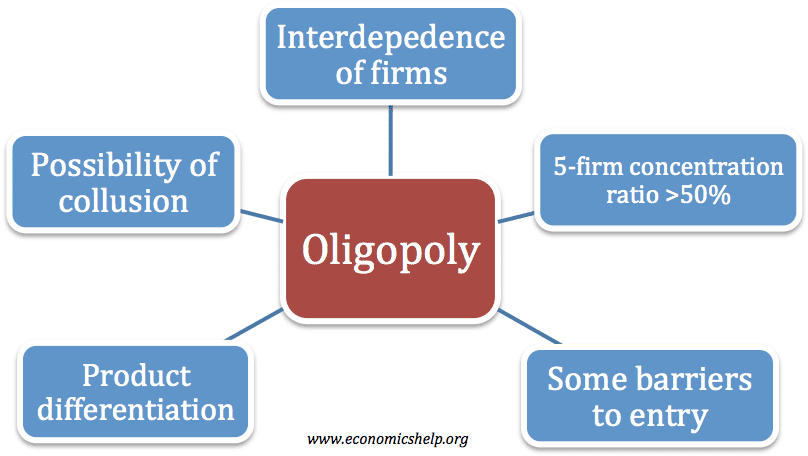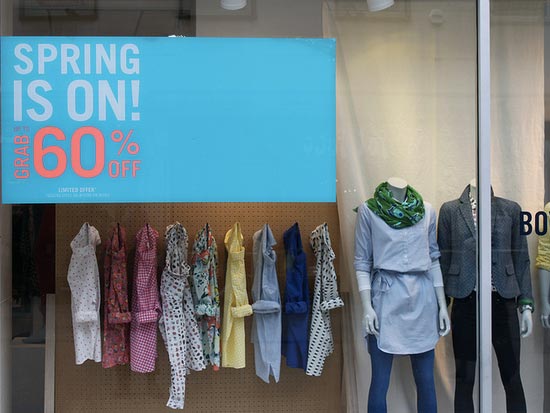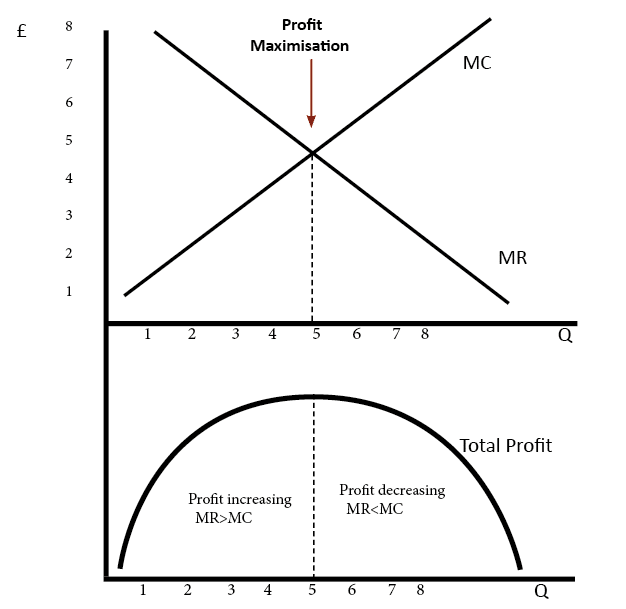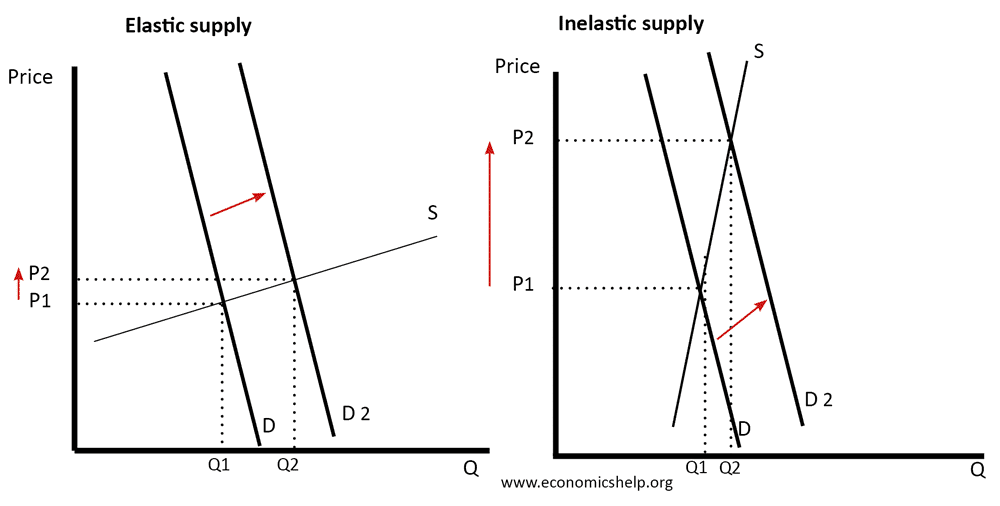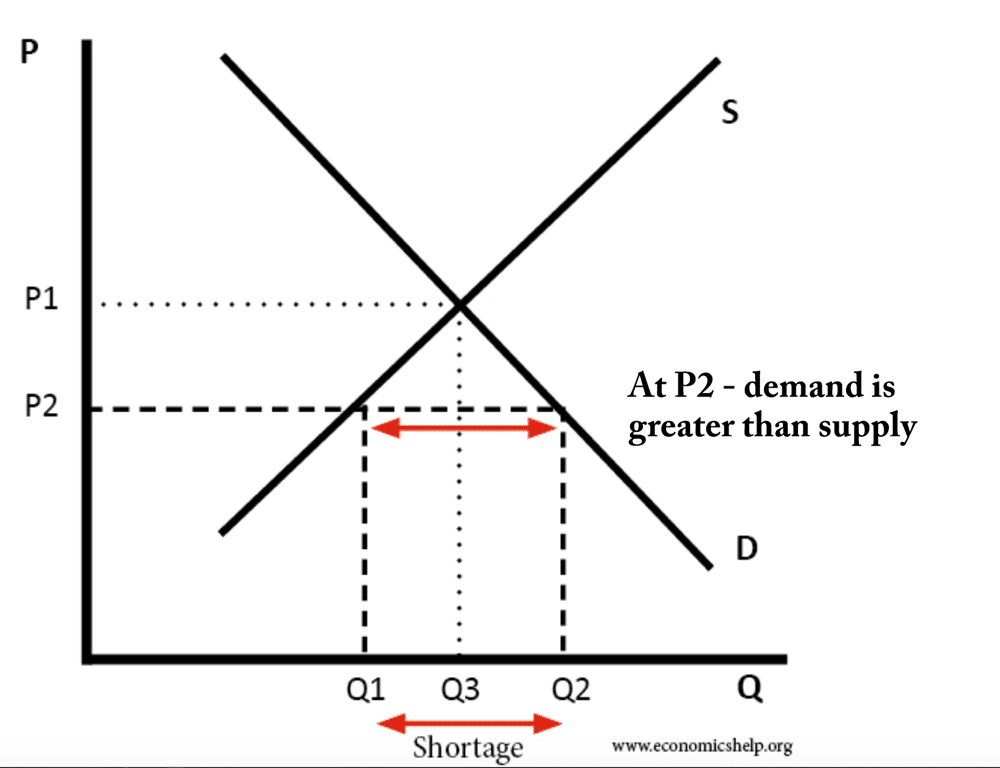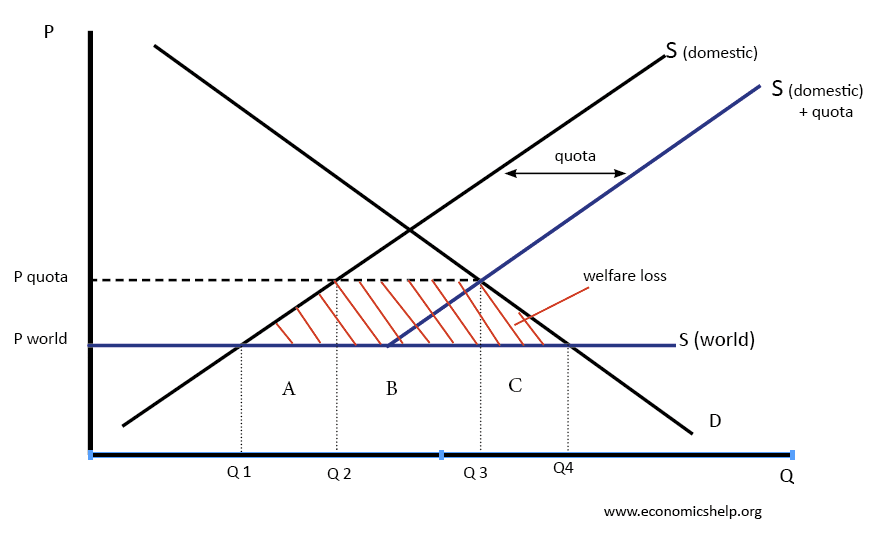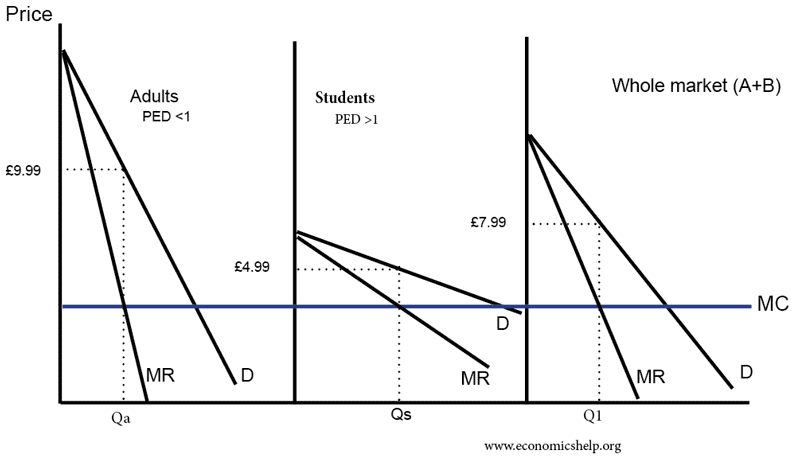Oligopoly
Definition of oligopoly An oligopoly is an industry dominated by a few large firms. For example, an industry with a five-firm concentration ratio of greater than 50% is considered an oligopoly. Examples of oligopolies Car industry – economies of scale have caused mergers so big multinationals dominate the market. The biggest car firms include Toyota, …

